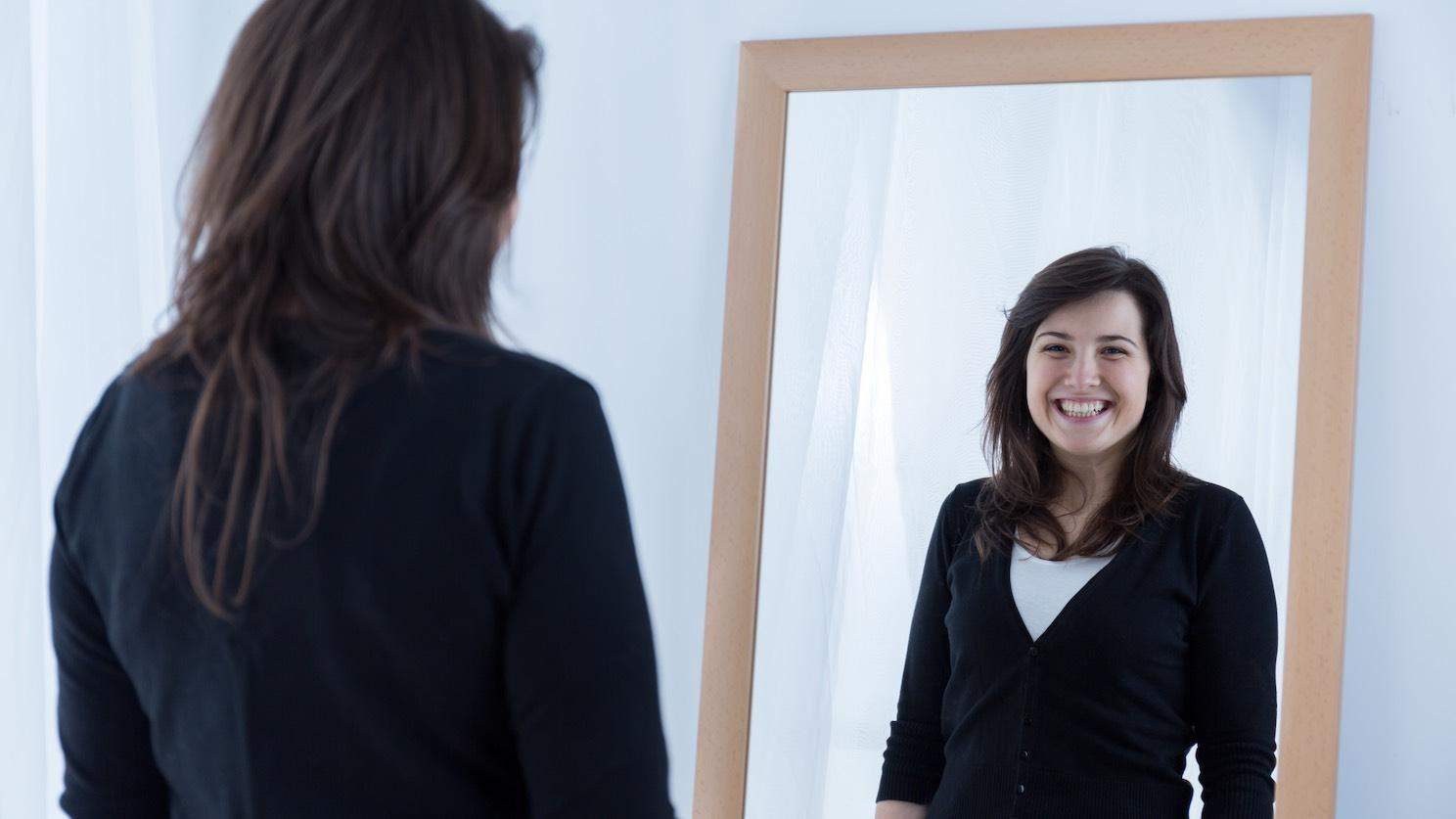The epic body-shaming, microscopic scrutiny, and increasing pressure to look a certain way in social media selfies is turning millions of middle-aged women into their own worst critics.
This occurs despite their knowledge that body perfection is not a natural state for the majority of women and an understanding that Photoshop helps many women look more perfect than they are.
How do you feel about your body? Does your inner voice say you measure up or fall flat? According to research conducted by ABC Melbourne, The difference in perspective appears to be related to the ability to accept age-related changes to your body.
Don’t Worry, Be Happy with Your Looks
While older adults want to look vital and youthful, they are less likely to fall victim to advertising messages and images of physical perfection. This may explain the results of a new global survey that indicates body confidence tends to increase with maturity:
“Based on adults surveyed across twenty-five countries, it seems that greater age brings greater body confidence. In nearly all countries surveyed there is concern that celebrity culture undermines the body image of young people.” – YouGov.com
What is Body Image?
Body image is the way you perceive your body and assume that others see you the same way. Body image is also how you feel in your body. A positive body image allows you to feel strong, able, attractive, and in control.
When we’re very young, our body image is almost unfailingly positive. By the time we are young children, however, family, friends, social pressure, and the media have negatively affected that image.
Finally, body image is influenced by the natural ageing process. Over time, life experience allows us to develop different and more positive feelings about how our body changes. For example, younger women generally consider facial lines aesthetically unattractive and a sign of ageing. Older women see them as signs or souvenirs of a life well lived
Split Decision: Body Image
ABC Melbourne turned to Facebook to learn how middle-aged Australian women feel about their bodies. The respondents were split almost down the middle:
- 56% of comments suggested the voice in women’s heads did get somewhat kinder with age.
- 40% of respondents said the voice did not get kinder and gentler.
Women in the first group commented that when they noticed physical changes, they took them in their stride as a natural part of ageing. They were more likely to value health and wellbeing more than appearance. As such, the changes did not affect their body image and/or self-esteem.
Women in the second group tended to rage against age. They reacted negatively to things like fine lines, wrinkles, and body changes. They felt their ageing looks made them invisible in a culture where youth is idealised.
Professor Susan Paxton of the University of La Trobe’s Department of Psychology told ABC Melbourne that the insights from studies support the use of cognitive behavioural therapy techniques in treating women with severe body image problems that lead to
- Self-consciousness
- Social anxiety
- Eating disorders
- Decreased quality of life
The therapy is designed to help women break free from habitually negative thoughts. It encourages women to
- Stop comparing themselves to younger women
- Accept bodily changes related to age
- Practice self-care behaviours that improve health and wellbeing
There’s no escaping the ageing process, but you can quiet the negative voices that are trying to rob you of your joy. There are things you can do to make the ageing experience more enjoyable, from aesthetic enhancement treatments to simply accepting that bodies change over time. At Costhetics, we invite you to remember that age is just a number, and growing older with joy begins when, instead of just enduring the process, you can embrace the journey.
